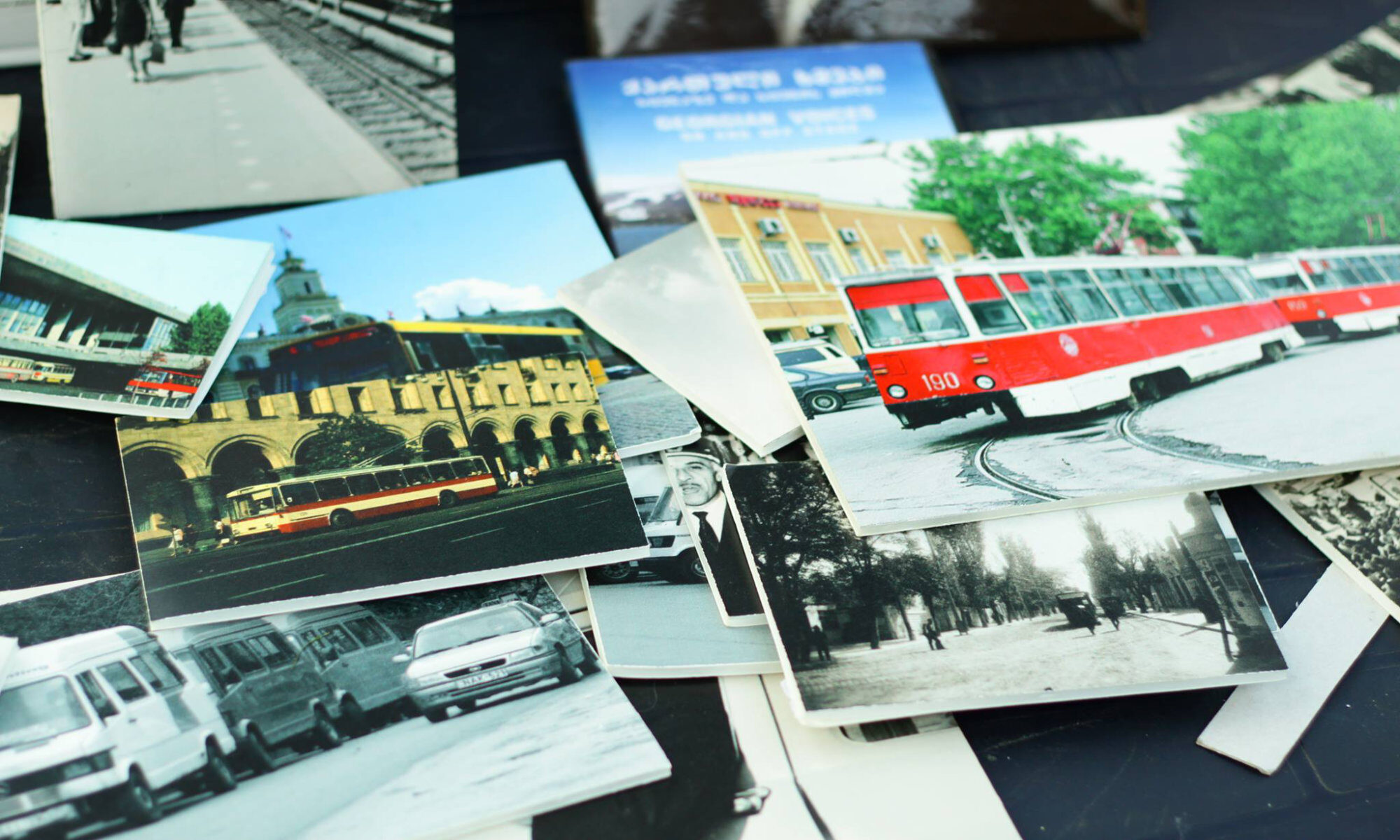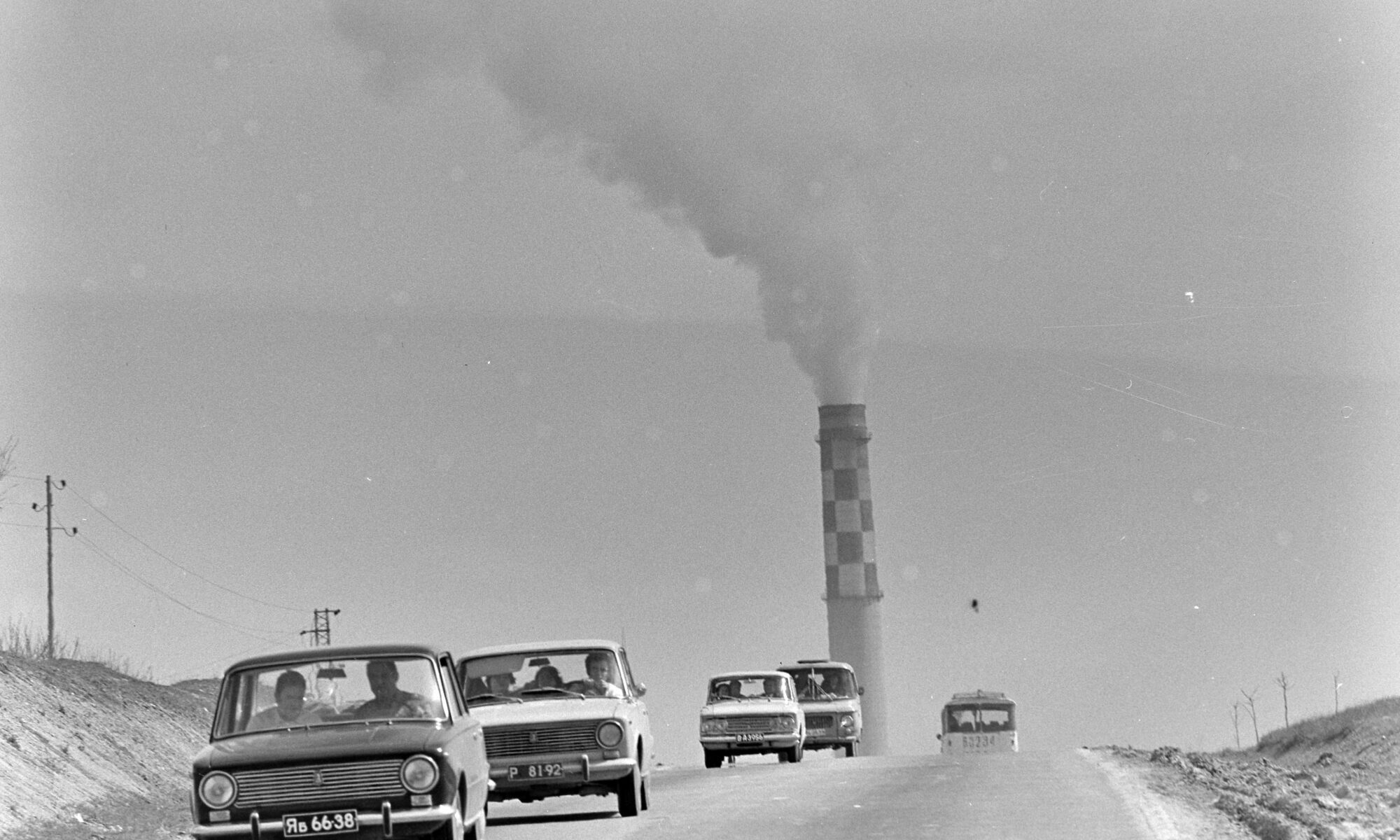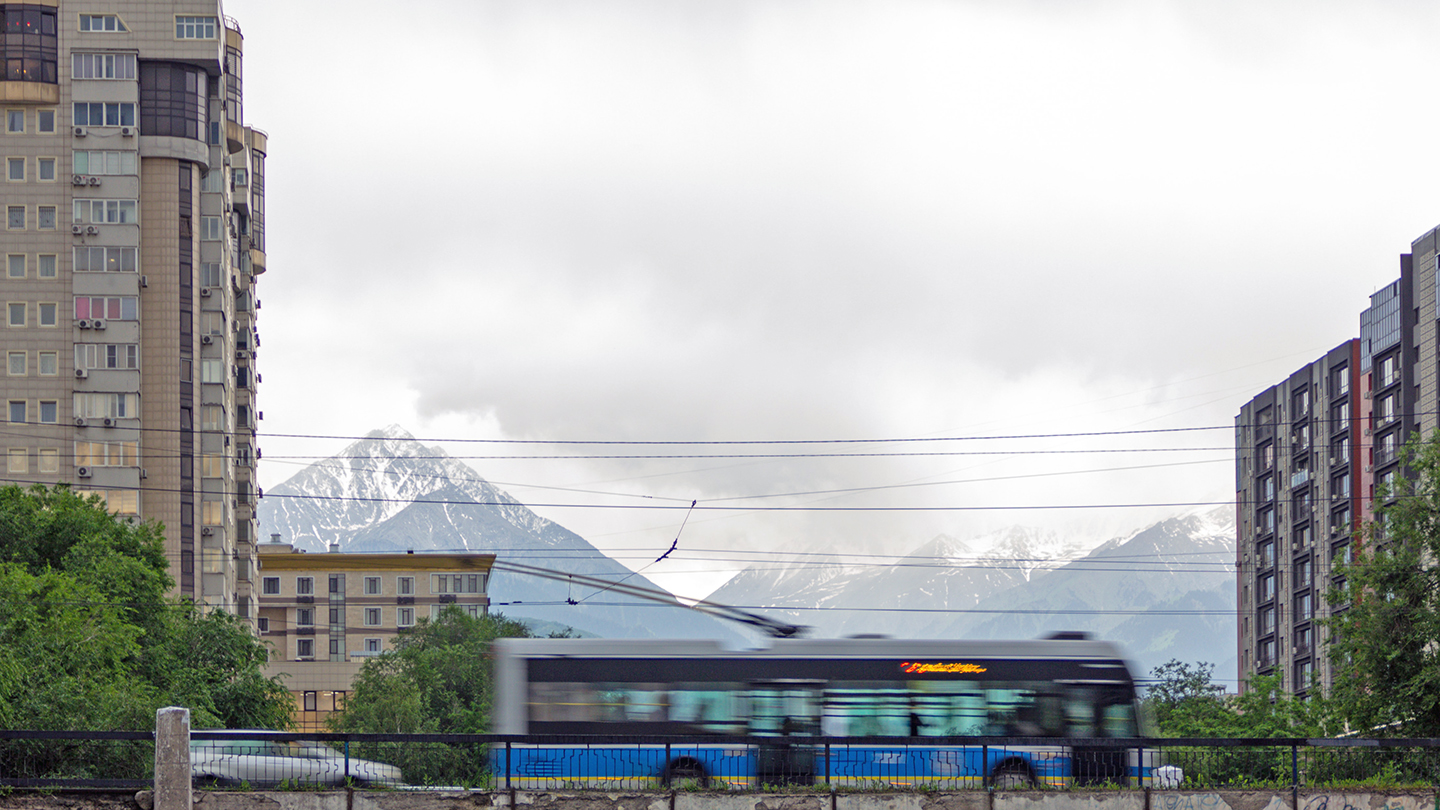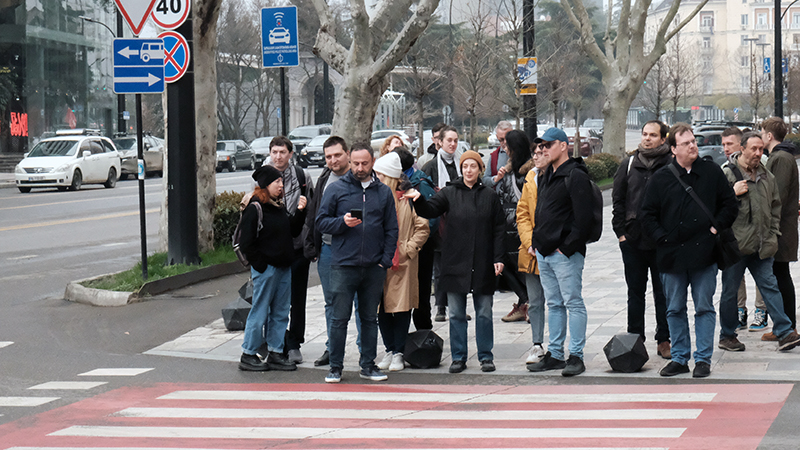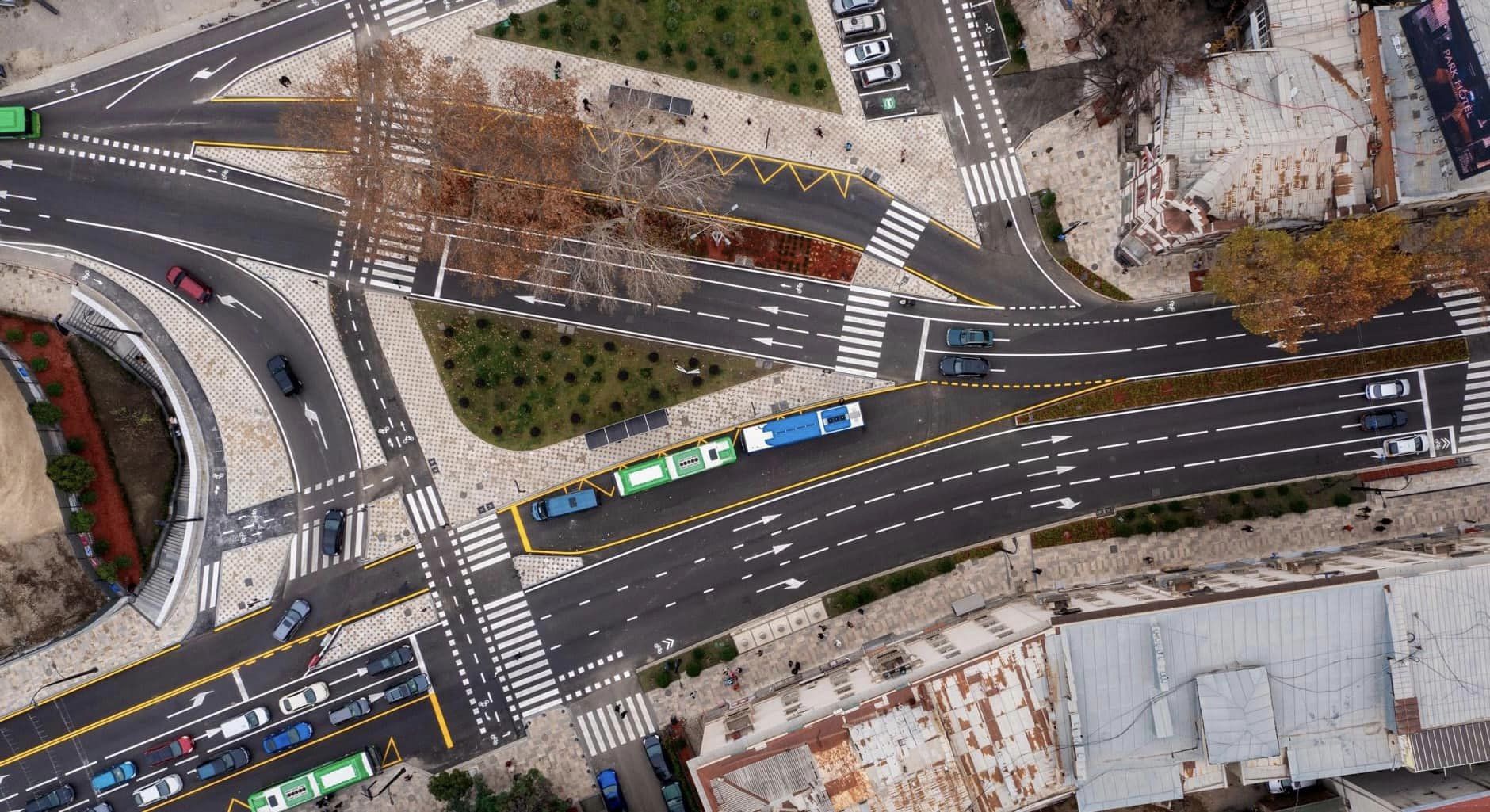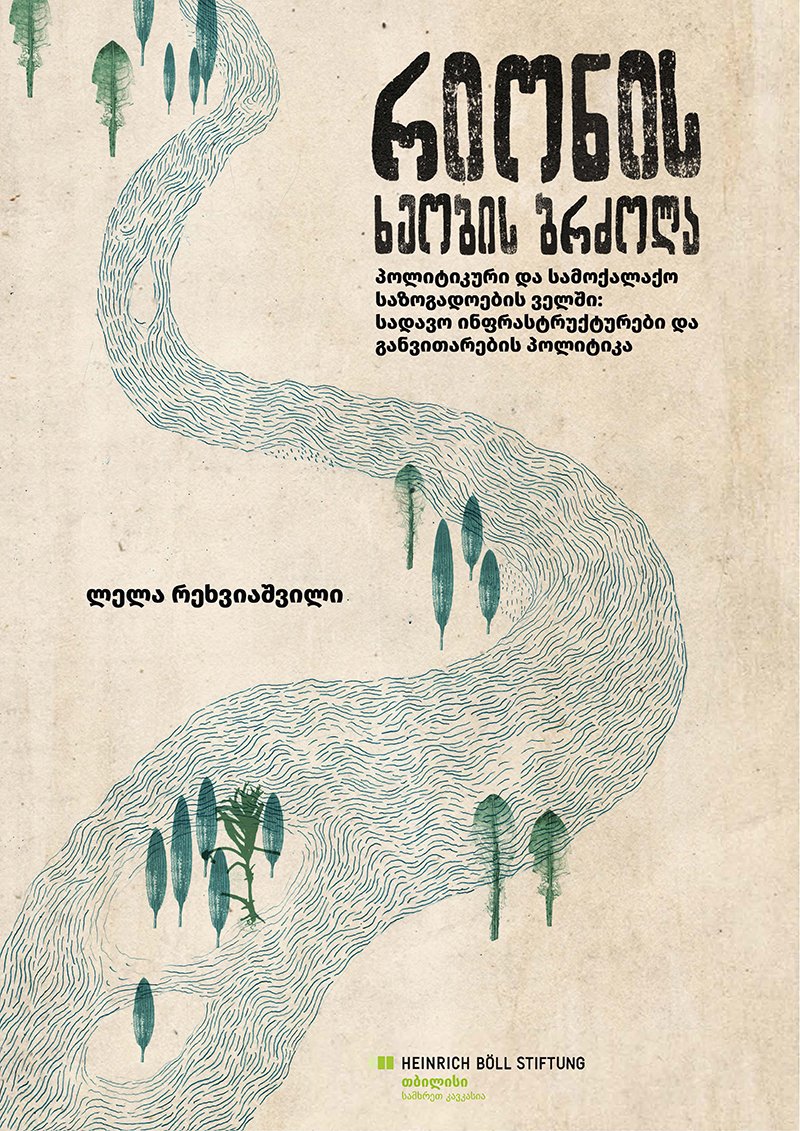EXTENDED CALL – NEW DEADLINE: 27.06.2023
Sofia, 09–11 October 2023
The history of modern technological infrastructure spans over two centuries and includes heterogeneous phenomena: from railroads, sewerage and water pipes, to telecommunications and digital networks. Its construction resembles a techno-world where modern humans live free from the natural constraints of their existence. This is an environment with very different possibilities, problems, freedoms and dependencies. Large infrastructure projects have a decisive influence on social, economic, technical, societal and administrative processes in modern societies. They shape the relations between sedentariness and mobility, define the rhythms and styles of life, consciousness, self-esteem and identity of individuals and groups.
The development of infrastructures has a key relationship to historical change. Infrastructure projects depend on cultural conditions for their emergence, but they also have important consequences for cultural change. They are an instrument for domination and homogenization of territories, for interaction between anonymous individuals, and for the integration of social groups. Transportation and communication infrastructures transform “imagined modern communities” into a new social and techno-cultural reality. They have a strong integrative but also disintegrative function, contributing to the homogenization of populations, making them technological carriers of power ideologies: Eurocentric, colonial or nationalist.Finally, infrastructure projects have their own history: almost two hundred years of development. The progressivist ideology with which they have traditionally been associated has been criticized and reconsidered. But development has not come to a halt, techno- optimism has not disappeared. New, even more far-reaching infrastructure projects are taking the place of the old ones. The role of digital communication, the Internet galaxy and social networks for the integration and disintegration of late modern society is not yet explored: they offer new possibilities but perhaps also unimagined dangers.
We aim to explore the following topics:
- Infrastructures, mobility, migrations: technological nomads, migration flows and “landscapes”, transnational hybrids and technology driven melanges.
- Infrastructures, communication and geopolitics: colonization, decolonization, post- colonization, self-colonization, and their cultural impacts.
- Infrastructures as instruments of social engineering and everyday governance.
- Regulations and resistance in new digital mobility services: capital flows and power constellations.
- Standardization, normalization, and homogenization: leveling of inequalities oremergence of new social inequalities and cultural asymmetries?
- Public transport: mobility services in the face of new technologies and modernization policies; circuits of knowledge production, contested norms and notions of modernity.
- Transformation of infrastructures and the cultural history of cities: centers andperipheries, urban spaces, territories and imagination.
- Historical evolution of infrastructures and evolving social and cultural competencies for their use.
- Forms of infrastructure – forms of cultural imagination: changing concepts, rhetoricsand “aesthetics” of infrastructure (images of the machine; images of progress from secession to geometrism, constructivism and minimalism; retro aesthetics).
- Infrastructure, acceleration, cultural impact. Accelerating infrastructures and their psycho-cultural impact on the individual. Decaying infrastructures, infrastructural disasters, and apocalyptic visions.
Please send a 250-word abstract and a 50-word bio to L_Pozharliev@leibniz-ifl.de and jdamianova@gmail.com no later than 27th of June 2023.
The conference is free of charge. Graduates, doctoral students and participants with financial difficulties whose submissions have been accepted may apply for travel grants of up to € 250 (in the form of reimbursement). A limited number of grants are available and will be given on an individual basis. Applications should detail the cost of travel and the amount applied for in an email to l_pozharliev@leibniz-ifl.de.
Confirmed Keynote Speakers:
- Prof. Dr. Dirk van Laak, Chair at the Institute for 19th to 21st Century History, University of Leipzig
- Prof. Dr. Arnold Bartezky, Head of the Department of Culture and Imagination, Coordinator of Art History at the Leibniz Institute for History and Culture of Eastern Europe (GWZO), Leipzig
- Dr. Wladimir Sgibnev, Leibniz-Institut für Länderkunde. Coordinator of the Research GroupMobilities and Migration and Head of the Leibniz Junior Research Group “CoMoDe”, Leipzig
Organising committee:
Dr. Lyubomir Pozharliev, Leibniz-Institut für Länderkunde Postdoctoral researcher, member of the research group II of the Leibniz Science Campus “Eastern Europe – Global Area” (EEGA), Leipzig
Prof. Alexander Kiossev, Head of the Cultural Centre at Sofia University
Prof. Daniela Koleva, Department of History and Theory of Culture, Sofia University
Dr. Zhana Damyanova, Maison des sciences de l’homme et de la société, Sofia
